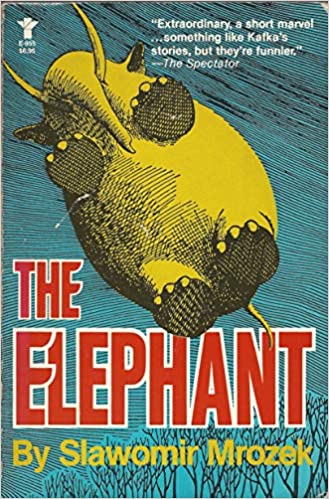Gerunds and Participle
Every gerund, without exception, ends in ing. Gerunds are not, however, all that easy to identify. The problem is
that all present participles also end in ing. What is the
difference?
Both gerunds and participles are verbal; that is,
they are both formed by adding
+ing to a verb and both express
action or a state of being. The
difference between the two lies in their function within the sentence.
Gerund has the same functions as Nouns in
sentences. They can be single words or gerund phrases.
Unlike Gerunds, which function as nouns in sentences, Participle
can function as Adjective in sentences. The examples and exercises in
this activity focus on present participles, which suggest action and come from
active verbs. As adjectives, participles modify nouns or pronouns.
Examples of Gerund:
Since Francisco was five years old, swimming has been his passion.
Francisco's first love is swimming.
Francisco enjoys swimming more than
spending time with his girlfriend Diana.
Francisco gives swimming all of his
energy and time.
When Francisco wore dive fins to class, everyone knew
that he was devoted to swimming.
Note:
Swimming in all the above examples functions as a noun that’s why Swimming is a Gerund
Examples of Participles:
One day last summer, Francisco and his coach were swimming at Daytona Beach.
A Great White shark ate Francisco's swimming coach.
Now Francisco practices his sport in safe swimming pools.
Note: Swimming in all the above
examples functions as Modifiers that’s why swimming is a present participle
Modifiers are words, phrases,
or clauses
that provide description in sentences.
More Examples of Gerund:
Subject Gerunds:
1. Learning is a lifelong process. .
2. Learning to speak and write English well takes a lot of practice.
1. Learning is a lifelong process. .
2. Learning to speak and write English well takes a lot of practice.
Direct object Gerunds:
1. Bertha hates shopping. She'd rather save her money.
2. She prefers putting her money in a savings account.
1. Bertha hates shopping. She'd rather save her money.
2. She prefers putting her money in a savings account.
Gerunds as
objects of prepositions:.
1. James is not known for studying
2. He failed his last exam on identifying the parts of speech.
1. James is not known for studying
2. He failed his last exam on identifying the parts of speech.
Subject
complement Gerunds
after linking verbs:
1. All summer long, Lisa's favorite pastime has
been surfing.
2. Meanwhile, her younger brother's favorite activity has been surfing the internet.
2. Meanwhile, her younger brother's favorite activity has been surfing the internet.
More Examples of Participle:
·
Adjective + Noun: I was awakened by the screaming child.
(The participle modifies child.)
·
Subject + Linking Verb + Adjective complement: The horror film was extremely frightening.
(The participle modifies horror film).
·
Participial Phrase:
The police noticed the thief hiding on the rooftop. (The
participial phrase modifies thief).
·
Introductory Participial (Adjective) Phrase: Looking for a place to hide, the thief
climbed the fire escape to the rooftop.
English
Grammar - The Gerund
·
A traditional
grammatical term for a verbal that ends in -ing and functions as a noun.
·
A gerund with its
objects, complements, and modifiers is called a gerund phrase or simply a noun phrase.
·
Etymology:
·
From the Latin,
"to carry on"
·
Form
·
infinitive + -ing
·
Examples
·
Going to parties is fun
·
I enjoy reading.
·
Feeling
gratitude and not expressing
it is like wrapping a
present and not giving
it.
·
Shooting
paintballs is not an art form.
·
Humor is laughing at what you haven't got when you ought to have it.
·
Eighty percent of success is showing up.








0 Comments